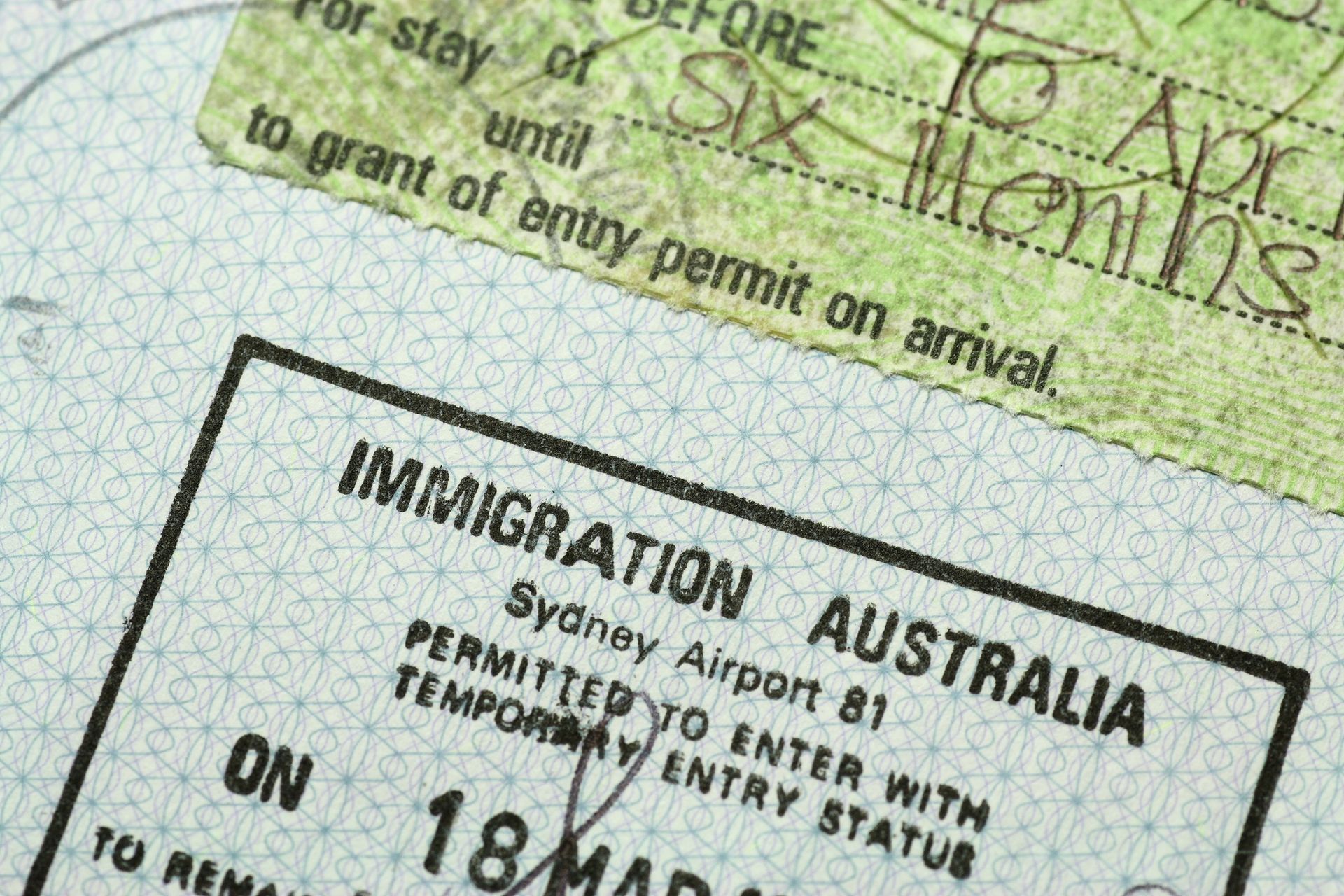The Vital Importance of Registering a Lease
Kells Lawyers • January 12, 2016
Unless such a lease is registered, there is no lease at law. This means that the promises contained in the lease will not be enforceable by either the landlord or the tenant (Palermo Seafoods Pty Ltd v Lunapas Pty Ltd [2014] NSWSC 792).
This has a number of obvious consequences. For example, depending on the circumstances, a landlord may find itself in a position where it cannot hold the tenant to the lease. By way of further example, if the lease contains an option for renewal in favour of the tenant, the option will not be enforceable.
Of course, as between the landlord and the tenant, an unregistered lease may in some circumstances create what is known as an “equitable lease”. However, generally speaking, such an “equitable lease” will not be enforceable by the tenant against third parties, such as a purchaser from the landlord or the landlord’s mortgagee.
This highlights perhaps the most significant risk of leaving a lease unregistered; the tenant’s vulnerability as regards third parties. Once a lease is registered, it has priority over dealings that are later registered on title. For example, if a lease is registered and the land is subsequently transferred to a purchaser, the purchaser will take the land subject to the lease.
On the other hand, if the lease is left unregistered, then generally speaking the purchaser will take the land free from the lease and will be at liberty to evict the tenant. If the purchaser chooses to evict the tenant, this may also have consequences for the landlord (i.e. the vendor). The landlord may find itself being sued by the tenant for breach of a “covenant for quiet enjoyment” contained in the lease. Accordingly, if a landlord intends to sell land that has been leased, then it is vital that the lease/s be registered.
Often, a lease will contain an express promise by one of the parties (normally the landlord) to register the lease. Where a lease contains no such promise, it is not clear whether either of the parties has an obligation to attend to registration. However, there have been cases holding that, where the parties intend the lease to be registered, the landlord will be under an obligation to attend to registration (e.g. Chan v Cresdon Pty Ltd [1989] HCA 63).
In Laurinda Pty Ltd v Capalaba Park Shopping Centre Pty Ltd (1989) 166 CLR 623, an agreement for lease imposed on the landlord an obligation to register the lease. Despite 9 months passing, the landlord failed to register the lease. The landlord’s conduct was held by the High Court to be a “repudiation” of the landlord’s obligation to register the lease, entitling the tenant to terminate the agreement for lease. Accordingly, where a landlord has an obligation to register the lease, it is vital that it attends to registration promptly. Depending on the circumstances, the failure to do so may entitle the tenant to escape the lease.

Kells has been delivering outstanding services and legal expertise to commercial and personal clients in Sydney and the Illawarra region for more than five decades. Our lawyers are savvy and understand your needs.
Subscribe
Want to get the latest articles and news delivered to your inbox?




